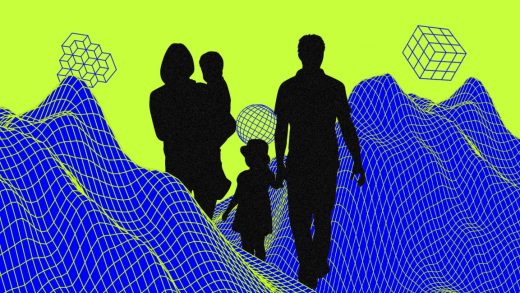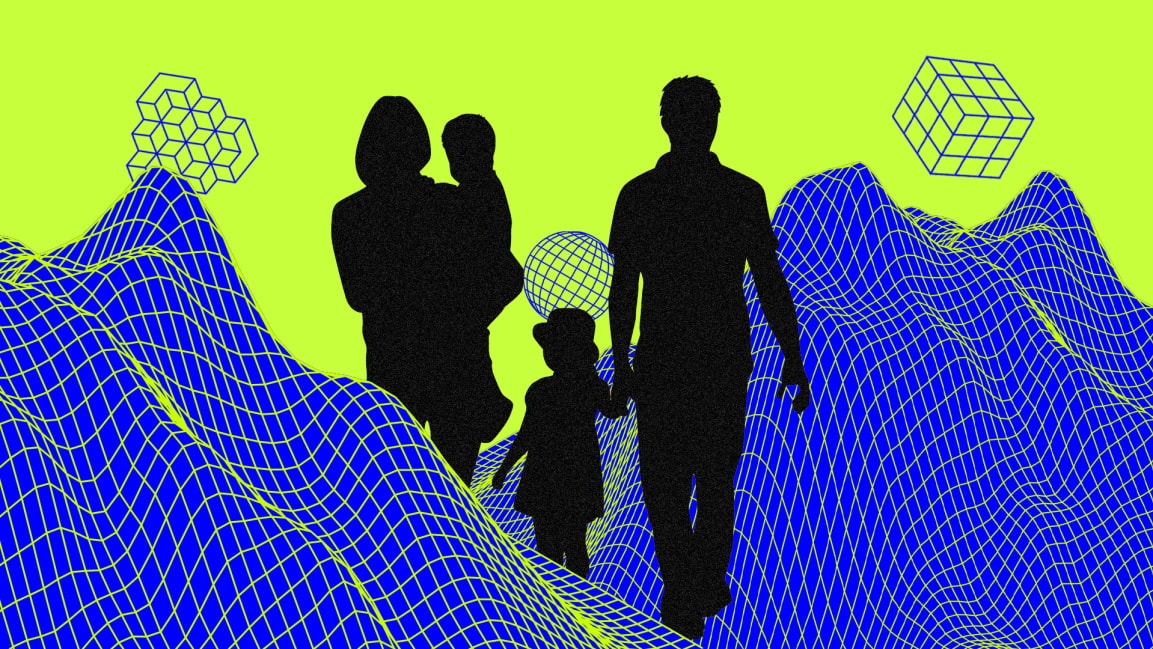This is how private companies can work with the government to support parents
“I was very interested and passionate, but I wasn’t yet ready to say, this is an absolute necessity; I’m going to spend most of my time talking about and fighting for a set policy,” Tubbs said. “But COVID-19 really changed my thinking around guaranteed income for a couple of reasons. Number one, we live in a time of pandemic, so it’s not just COVID-19. It’s wildfires in many parts of California, just this month. It’s floods, it’s earthquakes, as we’ve seen in the south; every month, every quarter, there’s some sort of shocking pandemic event.” Beyond that, Tubbs saw how stimulus checks and the expanded child tax credit, which was passed earlier this year, helped “build economic resilience so that when the pandemic happens, people are in a better position to respond to it.”
In June 2020, Tubbs started a coalition called Mayors for a Guaranteed Income, an effort to rally other mayors around the concept and help them raise funding and build their own guaranteed income pilot programs. Since then, more than 55 mayors have signed onto the initiative. “I used to think [guaranteed income] was idealistic, but I think it’s really pragmatic,” Tubbs said. “Poverty is just so expensive.” Tubbed noted that the child tax credit was a form of guaranteed income, albeit only for families with children.
But when it comes to supporting working families, public policy measures like the child tax credit are just one piece of the puzzle. That’s where organizations like Baby2Baby, a Los Angeles-based nonprofit, come in. Baby2Baby has long provided diapers and other basic necessities for children to families living in poverty across the country. During the pandemic, those needs increased exponentially: Baby2Baby co-CEOs Norah Weinstein and Kelly Sawyer Patricof cited a 350% increase in demand for diapers, and the nonprofit was tapped by the New York governor’s office to secure 20 million diapers to be distributed for free at food banks.
“What we did in that case is that we went to private companies,” Weinstein said. “We work with companies like the Honest Company and Hello Bello. And then in addition to that, for the first time we just started manufacturing diapers, and we did that because we can make them for significantly less money. Diapers retail at about 35 cents per diaper; we’re going to be making them for 6 cents a diaper. Then we can also distribute how many we want, in the sizes we want, and get them to New York in this time of need.”
The pandemic also sparked a shortage of baby formula, so much so that FEMA reached out to Baby2Baby for help. “In our 10 year history, that was probably the most surprising call we had received,” Weinstein said. “Based on our connections and relationships and our fantastic corporate sponsorship department, we did work with our local manufacturers; we did produce the formula ourselves. We got it quickly, and we got it to the families that FEMA needed it for. But the assumption would be that the government is coming to the aid of nonprofits in these situations. And in fact, we saw nonprofits were actually coming to the aid of the government as well.”
Public-private relationships have also been instrumental to catalyzing important policy changes like eliminating the sales tax on diapers in California, which was the result of Weinstein and Sawyer Patricof lobbying governor Gavin Newsom. This might sound like a minor change—but for families that can’t even afford diapers, let alone taxes on diapers, it can make all the difference. “I think when people are paying $70 to $80 per month per baby on diapers, and when they are the fourth highest expenditure after food and rent and utilities, it’s not small,” Weinstein said.
Still, the tax persists in 35 states. And with Baby2Baby’s requests for diapers topping 731 million in 2021, it’ll take both public policy changes like guaranteed income and tax breaks, as well as ongoing aid from nonprofits and private companies, to help families recover as we emerge from the pandemic.
“As much as it’s been such a tough time and there’s such a long road ahead, especially for families living in poverty, something that we talk about all the time is when we can give a family a pack of diapers, we’re giving hope,” Sawyer Patricof said. “We’re all focused on this goal to lift up families and get them back on their feet and help them recover from COVID. And I think the more work we can all do together, the more we’ll get there.”
(21)



